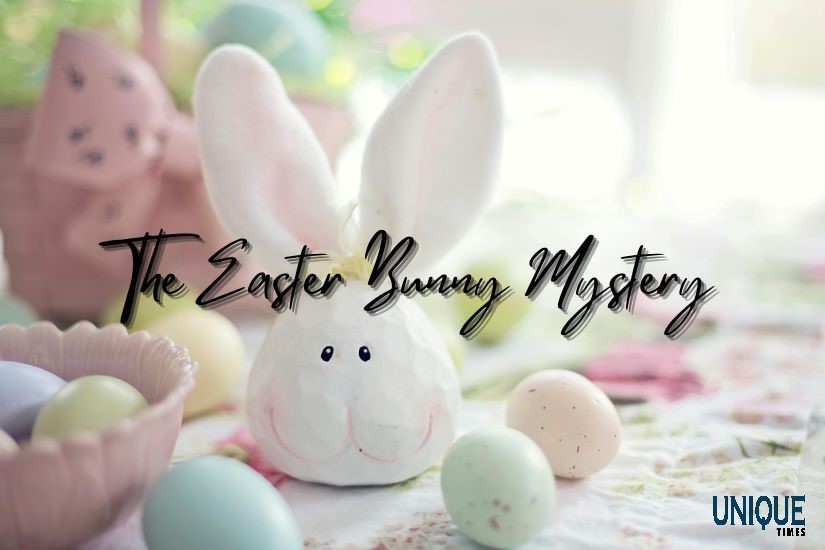
Easter is a joyous celebration that holds significant religious and cultural importance for millions of people around the world. While the holiday is traditionally linked to the resurrection of Jesus Christ, many symbols and customs associated with Easter have roots that extend beyond religious symbolism. One such symbol that has become synonymous with Easter is the rabbit. But why exactly is Easter associated with rabbits? Let’s delve into the origins and meanings behind this curious connection.
1. Pagan Origins
The association between rabbits and Easter can be traced back to ancient pagan traditions and folklore. In pre-Christian Europe, rabbits were often associated with fertility and new life due to their prolific breeding habits. Springtime, with its budding plants and newborn animals, was seen as a time of renewal and regeneration, making rabbits a fitting symbol for the season.
2. Eostre, the Goddess of Spring
The name “Easter” itself is believed to have originated from Eostre, the Germanic goddess of spring and fertility. According to legend, Eostre had the power to transform birds into hares, which may have contributed to the association between rabbits and Easter. Some scholars believe that the tradition of the Easter Bunny may have evolved from stories about Eostre’s magical hares.
3. Christian Adaptation
When Christianity spread throughout Europe, many pagan customs and symbols were absorbed and adapted into Christian celebrations, including Easter. As Christianity became the dominant religion, the symbolism of rabbits as symbols of fertility and new life merged with the Christian concept of resurrection and rebirth, creating the association we see today.
4. Symbol of New Life
In Christian theology, Easter symbolizes the resurrection of Jesus Christ and the promise of new life and salvation. The rabbit, with its prolific reproductive abilities and association with springtime, became a fitting symbol for the renewal and new beginnings associated with Easter. Just as spring brings new life to the earth, Easter represents the hope of spiritual renewal and eternal life for believers.
5. Cultural Traditions
Over time, the Easter Bunny has become a beloved cultural icon associated with Easter celebrations around the world. In addition to delivering colorful eggs and treats to children, the Easter Bunny serves as a playful reminder of the joy and excitement of the holiday season.
In conclusion, the association between rabbits and Easter has deep roots in both pagan mythology and Christian symbolism. While the exact origins of this connection may be shrouded in history and legend, the rabbit has come to represent the themes of fertility, new life, and rebirth that are central to the Easter holiday. Whether viewed as a whimsical mascot or a symbol of spiritual significance, the Easter Bunny continues to delight and enchant people of all ages during the Easter season.
Picture Courtesy: Google/images are subject to copyright